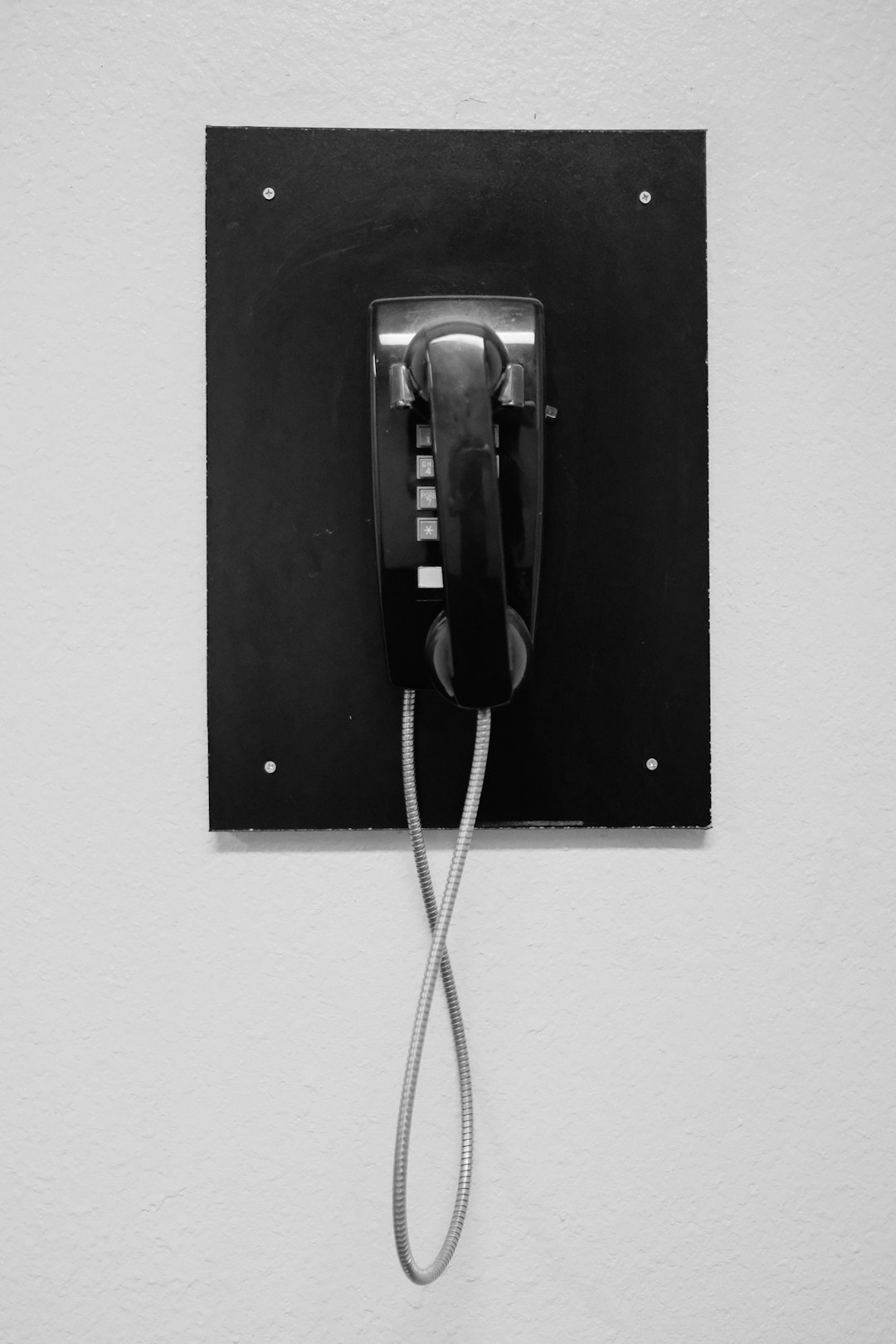Robocalls have become a significant issue in Nevada, causing frustration and potentially financial harm to residents. Federal and state laws, like the TCPA, offer protection against unwanted automated marketing calls. The Nevada Attorney General's Office actively investigates complaints, but challenges exist in distinguishing legitimate business practices from fraudulent or nuisance calls. To combat this, strengthening legislation, implementing stricter call tracking regulations, and empowering consumers with legal action options, including suing for robocalls in Nevada, are crucial steps towards a peaceful communication environment.
In the age of digital communication, robocalls have become a ubiquitous yet often unwanted nuisance in Nevada. This article delves into the future of robocall legislation in the state, exploring how these automated calls impact residents and the current legal framework. We analyze challenges, arguments for stricter regulation, and potential solutions, including enhanced protection against robocalls. If you’re wondering, “Can I sue for robocalls in Nevada?” this guide provides insights into your rights and available recourse.
Understanding Robocalls and Their Impact in Nevada

Robocalls have become a ubiquitous part of modern life, but their prevalence in Nevada has led to significant frustration among residents. These automated phone calls, often used for telemarketing or political purposes, are designed to reach a wide audience quickly. However, their non-stop nature and lack of personalization can be intrusive, causing many Nevadans to question the legality of these calls. In Nevada, as in many states, robocalls have raised concerns about consumer privacy and protection.
The impact of robocalls is far-reaching; they disrupt daily routines, waste time, and sometimes even lead to financial losses for those who fall victim to deceptive practices. Given this, understanding the legal framework surrounding robocall legislation in Nevada is crucial, especially when considering if one can sue for robocalls. With stricter regulations in place, residents may find recourse against unwanted calls, ensuring a more peaceful and undisturbed communication environment.
Current Legal Landscape: Nevada's Approach to Robocall Regulation

In Nevada, like many states, the current legal landscape surrounding robocalls is shaped by a mix of federal and state laws. The Telephone Consumer Protection Act (TCPA) at the federal level provides key protections against unwanted robocalls, including restrictions on automated calls to mobile phones without prior express consent. Nevada has also taken steps to bolster these defenses with its own regulations, aiming to mitigate the prevalence of nuisance calls that can lead to financial losses and invade personal privacy.
When it comes to suing for robocalls in Nevada, residents have legal options if they’ve been targeted by automated telephone marketing calls without their permission. The TCPA allows individuals to seek damages for each violation, making it possible to hold call centers and businesses accountable. Nevada’s Attorney General’s Office actively investigates complaints related to robocalls, further underscoring the state’s commitment to protecting its citizens from this form of harassment.
Challenges and Arguments for Future Legislation

The future of robocall legislation in Nevada faces several challenges and arguments that will shape its development. One significant issue is balancing consumer protection with legitimate business practices. Many robocalls are harmless marketing efforts, but the volume and frequency can be intrusive and misleading. Crafting effective laws requires distinguishing between these genuine businesses and those engaging in fraud or excessive nuisance calls.
Another point of contention is the enforcement mechanism. With robocalls often originating from unknown numbers or being routed through complex systems, tracking down offenders can be difficult. This poses a challenge for regulators who must ensure penalties are severe enough to deter violators while also being practical and effective. Moreover, consumers seeking redress, including those wondering can I sue for robocalls Nevada?, face obstacles in holding callers accountable due to the anonymity often associated with these automated systems.
Potential Solutions: Enhancing Protection for Nevada Residents

In an effort to enhance protection for Nevada residents from unwanted robocalls, several potential solutions are worth exploring. One effective approach is to strengthen existing legislation and introduce stricter regulations on call tracking and identification. By implementing more robust do-not-call lists and improving the enforcement of these laws, Nevada can reduce the number of invasive robocalls significantly.
Additionally, empowering residents with legal avenues for recourse is crucial. The option to sue for robocalls in Nevada should be made readily available, encouraging victims to take a stand against these intrusive practices. Public awareness campaigns about their rights and the process of seeking legal action can further deter companies from engaging in unlawful robocall activities.






